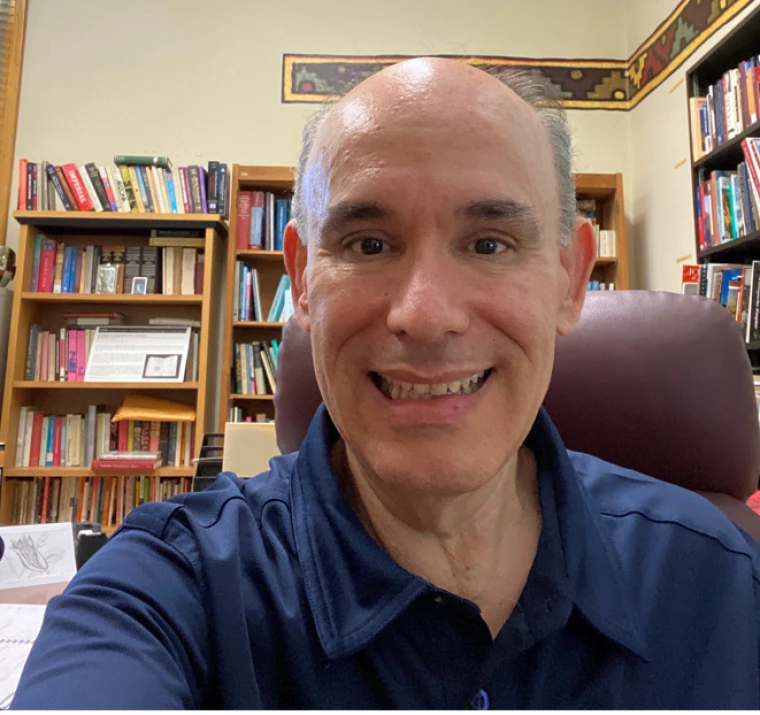Michael Brescia

Arizaon State Museum 221N
Research Areas
Dr. Michael Brescia is the Curator of Ethnohistory in the Arizona State Museum with faculty affiliations in the Department of History and the James E. Rogers College of Law at the University of Arizona. He teaches a wide-range of courses, including, for example, Mexican history, Comparative history of North America, Natural Resources and the Law in the Spanish Borderlands, World History, and historical research methods. Michael is the co-author of two books that examine the broader historical forces that have shaped our continent from Pre-Columbian times to the present: the fourth edition of Mexico and the United States: Ambivalent Vistas (with W. Dirk Raat, University of Georgia Press, 2010), and North America: An Introduction (with John C. Super, University of Toronto Press, 2009). His research on the living legacies of Spanish law has appeared in such journals as Western Legal History, The Public Historian, Journal of the Southwest, andCalifornia Legal History, among others. He has served as lead curator of three museum exhibitions: Many Mexicos: Vistas de la Frontera,Intimacy of Faith: Retablos and Ex-Votos from Mexico, and The Treaty of Guadalupe Hidalgo, as well as smaller exhibits that display and interpret a discrete number of objects, including Law and Continuity in Early Independent Mexico (Special Collections, Daniel F. Cracchiolo Law Library, University of Arizona), and Curator’s Choice: La religiosa en soledad [The Nun in Solitude] (Arizona State Museum). Michael’s research and scholarship have been supported over the years by several external funding agencies, including, for example, the Fulbright Scholar program, Autry Museum of the American West, Gerda Henkel Foundation, and the Arizona Historical Records Advisory Board.

